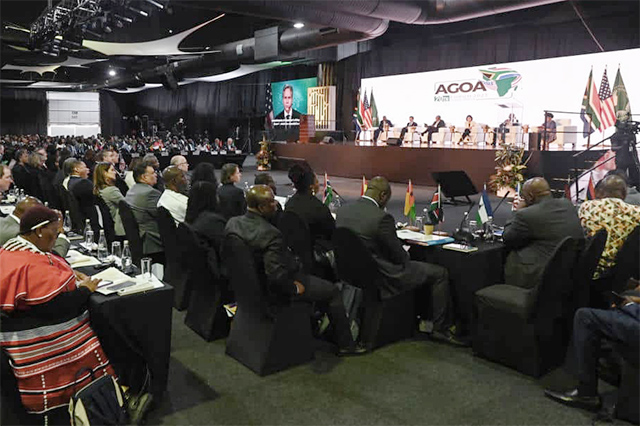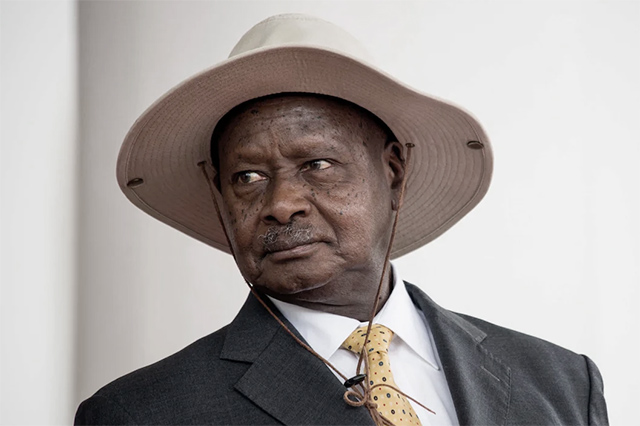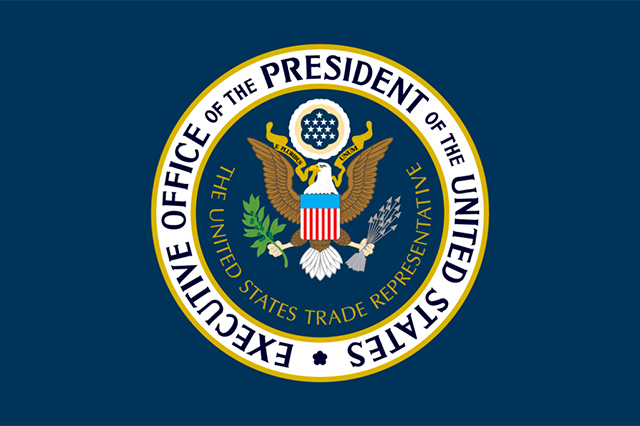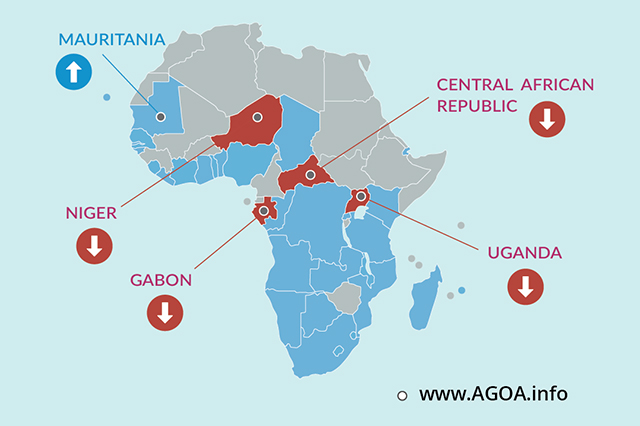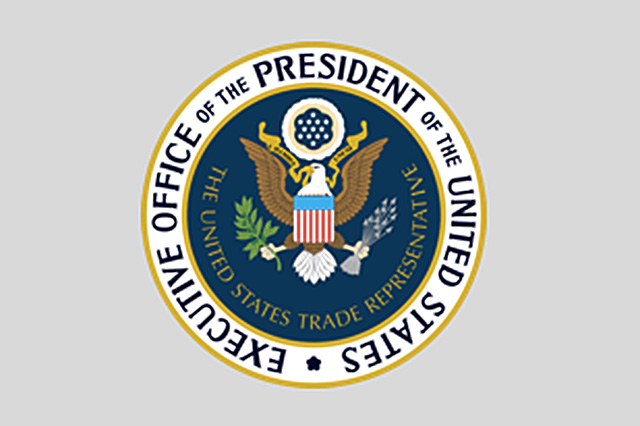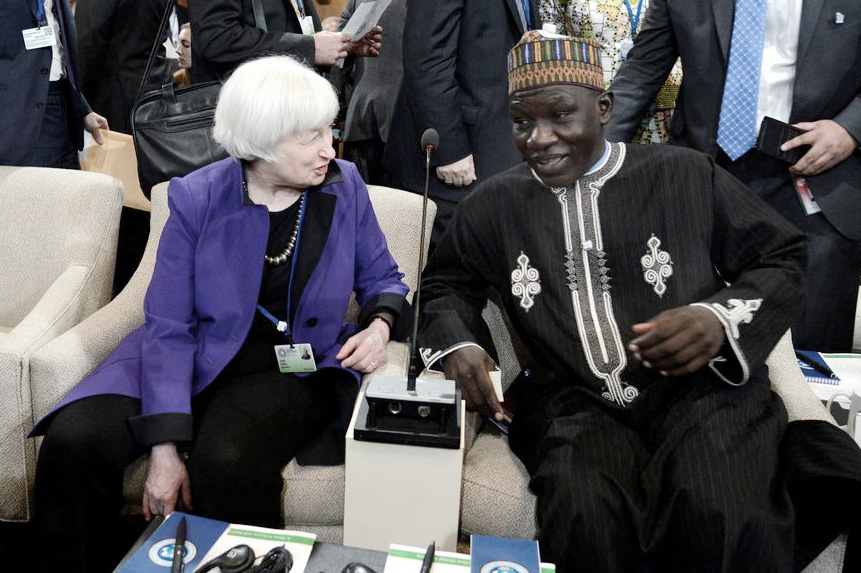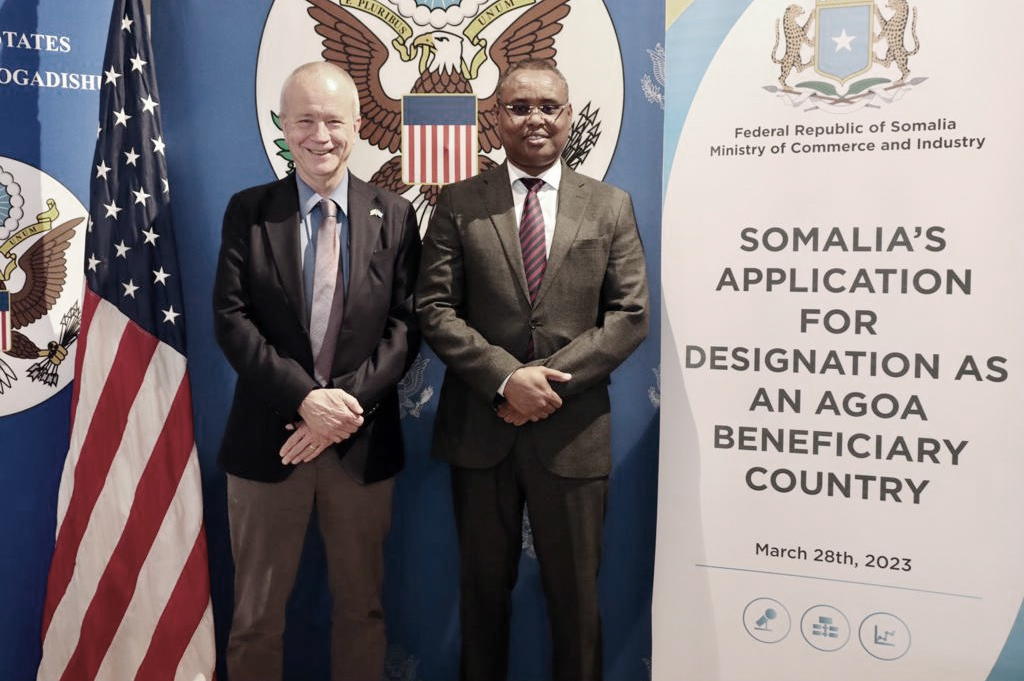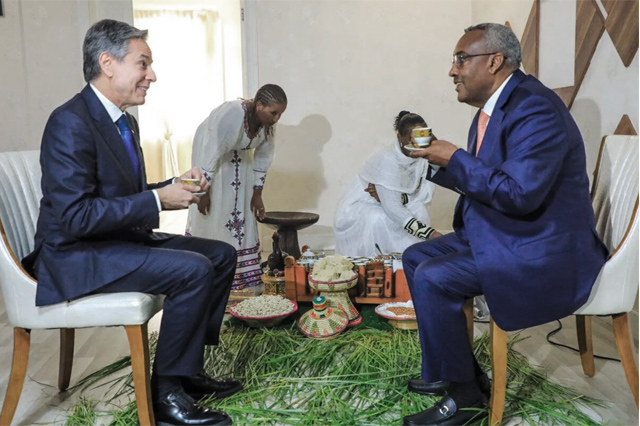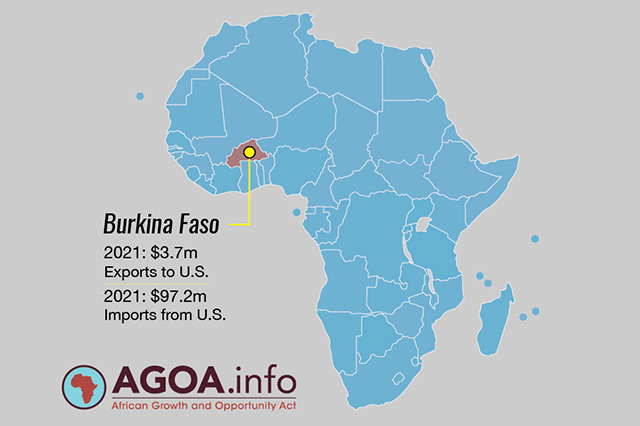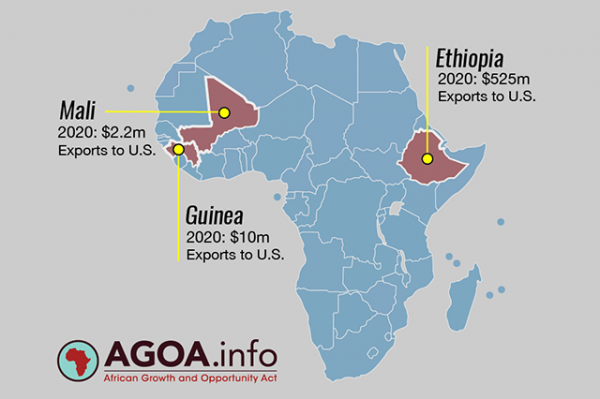Why US is suspending Ethiopia, Mali, Guinea trom AGOA 'trade deal'
In response to human rights violations, the United States announced this week that it plans to suspend Ethiopia, Mali and Guinea from duty-free access to American markets as of January 1, 2022.
U.S. President Joe Biden said in a statement to Congress, released Tuesday (see alongside), that these nations were no longer in compliance with the eligibility requirements for the African Growth and Opportunity Act (AGOA). He cited various examples of their failure to defend internationally recognized human rights.
What is the AGOA?
The AGOA was enacted by Congress in May 2000 with the intention of enhancing sub-Saharan African countries' access to the U.S. market.
Nations that qualify under the act are afforded several key benefits, most importantly preferential access to the U.S. market for more than 6,000 products. Through the removal of import duties on these products, beneficiaries obtain competitive advantages over other nations.
To qualify for the AGOA, nations must meet eligibility requirements, outlined in section 104 of the act, including working toward improving their rule of law, defending human rights and respecting international labor standards.
Each year, the U.S. determines which nations qualify for the AGOA benefits, and the president grants or withdraws beneficiary status at his or her discretion.
Why did the administration cut off access for Ethiopia, Mali and Guinea?
The Biden administration said that unconstitutional developments in Mali and Guinea threatened their eligibility for the program.
According to the president's statement, Mali has not established or made "continual progress toward establishing the protection of the rule of law, political pluralism, and internationally recognized worker rights." It also has not addressed "gross violations" of "internationally recognized human rights," Biden said.
In Guinea, the government failed to establish protections for the rule of law and political pluralism, the statement said.
The Biden administration also withdrew Ethiopia's benefits under the AGOA for "gross violations of internationally recognized human rights," the president said.
Ethiopia's suspension was the result of the ongoing civil war in the northern Tigray region that has spurred a serious human rights crisis. Since the conflict started a year ago, international concern has grown over human rights abuses including mass killings of citizens and widespread sexual violence.
How are these countries reacting?
Following President Biden's announcement, Ethiopian government spokesperson Legesse Tulu said that the government had already commented on the issue, Reuters reported.
Legesse stated on Twitter on October 3 that suspension from AGOA would cost the country 1 million jobs.
The governments of Mali and Guinea have not released statements on Biden's decision.
How significant is the deal to each country's economy?
Given the benefits posed by the AGOA, suspension from the act may have important implications for each country's economy.
Mali is one of the poorest countries in the world, with a low-income, highly un-diversified economy, according to the World Bank.
In 2020, amid the pandemic, the country fell into a recession.
According to the World Bank, Guinea is another of the world's poorest countries. The pandemic significantly slowed economic growth in the country, causing it to contract by 1.4% in 2020.
Neither Mali nor Guinea have been major exporting nations under AGOA.
But Ethiopia was the fifth top exporting nation under the act, according to U.S. International Trade Commission data.
Under AGOA, the Horn of Africa nation exported $245 million worth of goods to the United States last year, representing half of its total shipments to the American market, Bloomberg reported.
While Ethiopia is one of the poorest countries in Africa, with a per capita income of $850, it has the fastest-growing economy in the region, according to the World Bank.
In a statement Tuesday, top U.S. trade negotiator Ambassador Katherine Tai said that the U.S. "urges these governments to take necessary actions to meet the statutory criteria so we can resume our valued trading partnerships."
Tai also stated that she will provide each country with benchmarks for a path toward the reinstatement of their AGOA benefits.



